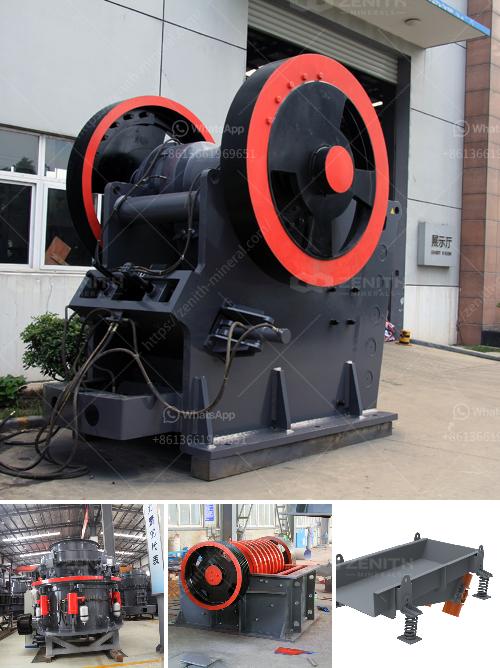The Nigerian mining industry is a sector that has been historically underdeveloped, but it holds significant potential for growth and development. The components of the Nigerian mining industry can be broadly categorized into several key areas:
-
Exploration and Mining:
- Exploration: This involves the search for mineral deposits and the assessment of their potential economic value. It includes geological surveys, geophysical and geochemical analysis, and drilling.
- Mining: This is the actual extraction of minerals from the earth. It can be divided into surface mining (open-pit mining, strip mining) and underground mining.
-
Mineral Processing:
- Crushing and Grinding: The process of reducing the size of the extracted ore to facilitate further processing.
- Concentration: Techniques such as flotation, magnetic separation, and gravity separation are used to increase the concentration of valuable minerals in the ore.
- Smelting and Refining: The process of extracting pure metals from their ores through heating and chemical reactions.
-
Regulation and Policy:
- Government Agencies: The Ministry of Mines and Steel Development is the primary regulatory body overseeing the mining sector in Nigeria. It is responsible for issuing licenses, enforcing regulations, and promoting sustainable mining practices.
- Legislation: The Nigerian Minerals and Mining Act, 2007, and the Nigerian Minerals and Mining Regulations, 2011, provide the legal framework for the sector.
-
Infrastructure:
- Transportation: Efficient transportation networks, including roads, railways, and ports, are crucial for the movement of raw materials and finished products.
- Power Supply: Reliable and affordable electricity is essential for mining operations, particularly for processing plants.
-
Human Resources:
- Skilled Workforce: The industry requires a range of skilled professionals, including geologists, mining engineers, metallurgists, and environmental scientists.
- Training and Education: Institutions offering specialized training and education in mining-related fields are vital for developing the necessary human capital.
-
Environmental and Social Considerations:
- Environmental Impact Assessment (EIA): Conducting EIAs to understand and mitigate the environmental impacts of mining activities.
- Community Engagement: Ensuring that mining projects benefit local communities and address their concerns, including issues related to land use, employment, and social infrastructure.
-
Investment and Financing:
- Foreign and Domestic Investment: Attracting investment from both local and international sources to fund exploration, development, and production activities.
- Financial Institutions: Banks and other financial institutions providing the necessary capital and financial services to support the industry.
-
Technology and Innovation:
- Advanced Technologies: The adoption of modern technologies, such as automation, remote sensing, and data analytics, to improve efficiency and productivity.
- Research and Development: Continuous R&D efforts to discover new methods and technologies for mineral exploration, extraction, and processing.
In summary, the Nigerian mining industry is composed of various interconnected components that collectively contribute to its development and sustainability. Each component plays a crucial role in ensuring that the industry can realize its full potential and contribute significantly to the country's economic growth.

